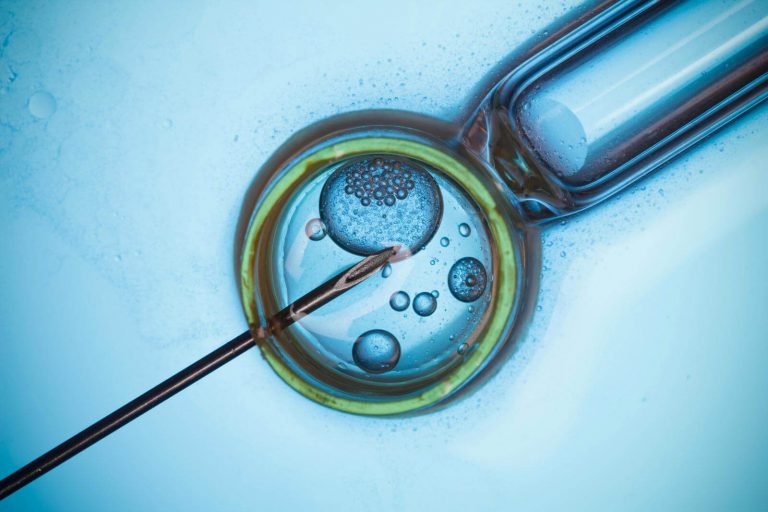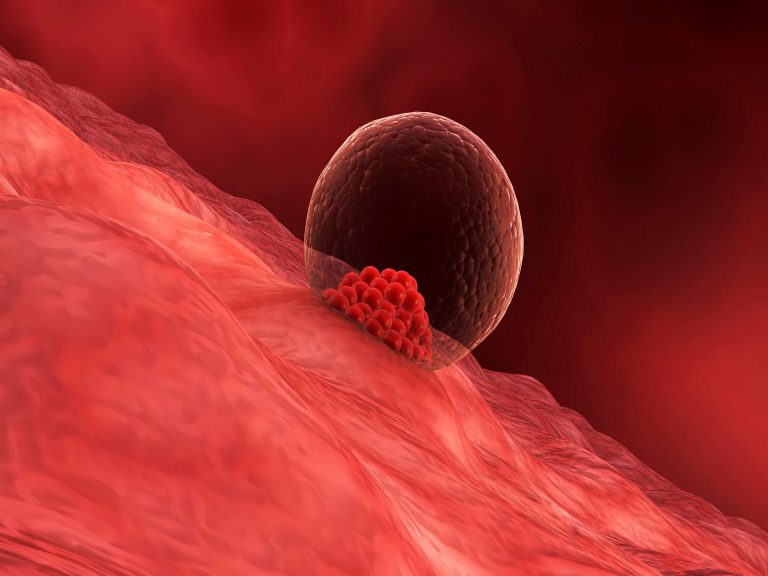For people using IVF, preimplantation genetic diagnosis (PGD) and preimplantation genetic screening (PGS) help ensure healthier and more successful pregnancies by looking for genetic defects in embryos. IVF with PGD success rates are higher than IVF alone.
PGD and PGS are both ways of determining whether or not a particular embryo created during the IVF process has a genetic defect. Although the two terms are sometimes used interchangeably, they are two different procedures.
Preimplantation Genetic Screening (PGS)
PGS is the screening of an IVF-created embryo for the correct number of chromosomes, using one or more cells taken from the embryo. This is done because many genetic disorders are caused by having too many or too few chromosomes. Typically, humans have 23 pairs of chromosomes, for a total of 46. But people with Down Syndrome, for instance, have an extra chromosome 21. PGS can identify which embryos have Down Syndrome and other similar disorders.
Chromosomal abnormalities are present in about 50% of IVF-created embryos, and such abnormalities account for about 70% of early miscarriages. Using PGS to identify which embryos are chromosomally normal can reduce the chances of IVF failure or early miscarriage, leading to higher pregnancy success rates.
Preimplantation Genetic Diagnosis (PGD)
So, then what is PGD? The PGD process involves examining a cell taken from an IVF-created embryo for a specific genetic defect. In cases where one or both of the potential parents are known to be a carrier of a genetic disorder, PGD allows for the testing of the embryo for that disorder. Couples can then make a decision on whether or not to implant the embryo and try to achieve pregnancy, or to use another embryo which is free of genetic defects.
An advantage of both embryo screening and genetic testing over traditional prenatal testing is that the information is available before the pregnancy begins. Parents who may have ethical concerns about ending a pregnancy mid-way through when a genetic defect is discovered may not feel the same pressures if they are able to make a choice at the outset about whether or not to begin such a pregnancy.
When Should you Consider PGD?
In general, PGS and/or PGD are excellent choices for anyone going through IVF who:
– Is known to be a carrier of a genetic disorder
– Has a chromosomal disorder
– Is 35 or over
– Has experienced recurrent miscarriages
– Has had multiple failed fertility treatments
PGD Cost
PGD costs on average $3,200, but it is important to remember that this is always in addition to the cost of an IVF cycle which is frequently more than $12,000, as well as any additional procedures, such as ICSI.
While it is still not available from all clinics, the use of PGD is increasing. IVF clinics with high pregnancy success rates are a good bet when looking for clinics that perform PGD and PGS. Talk to your fertility doctor if you are interested in these screening methods.





